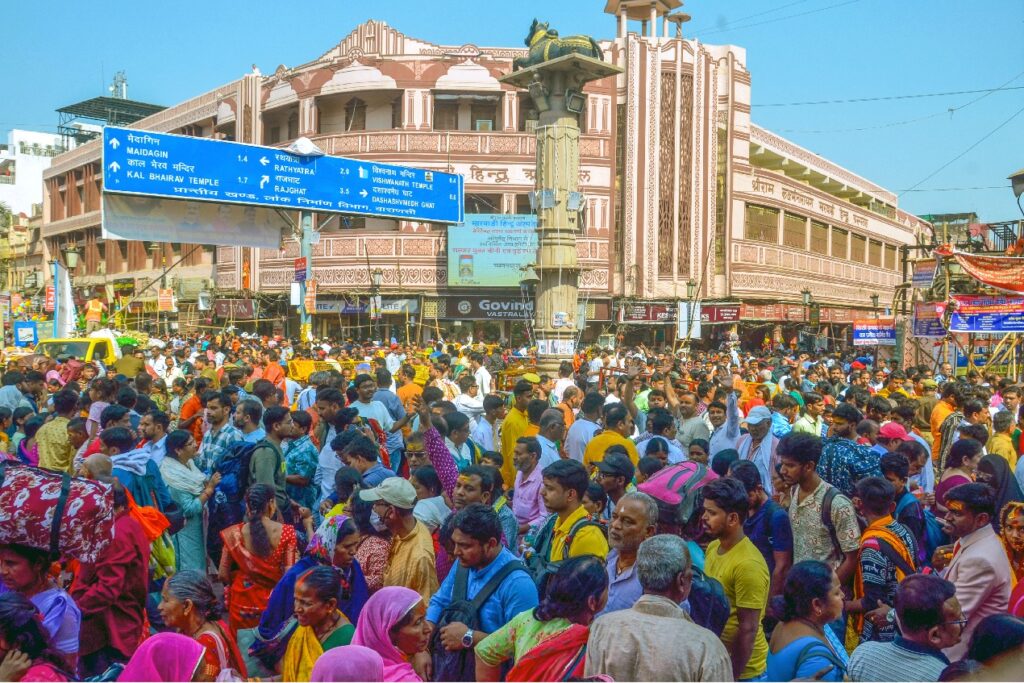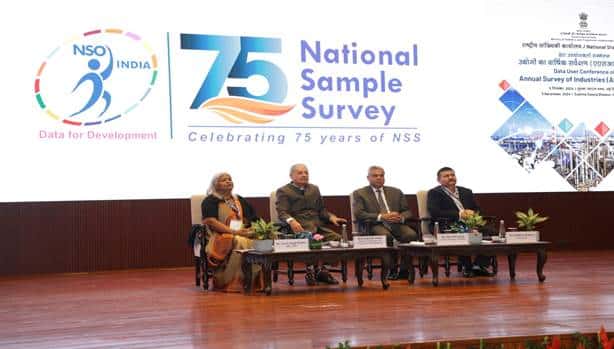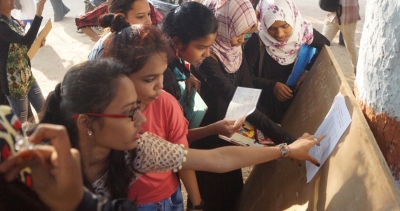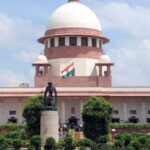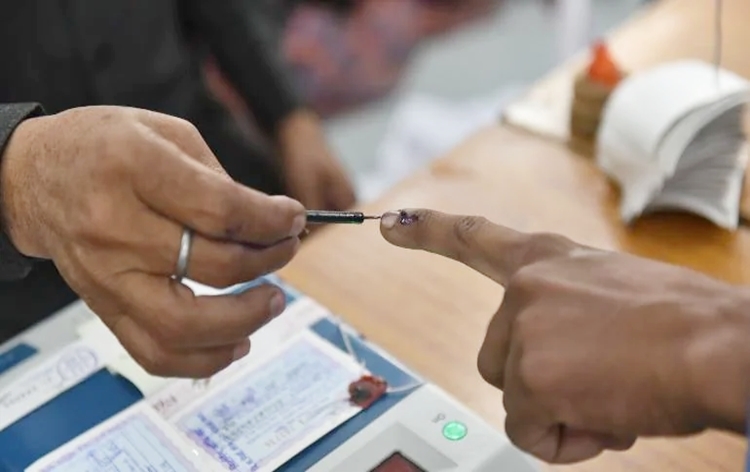Delhi CM Kejriwal to remain in jail despite interim bail from SC
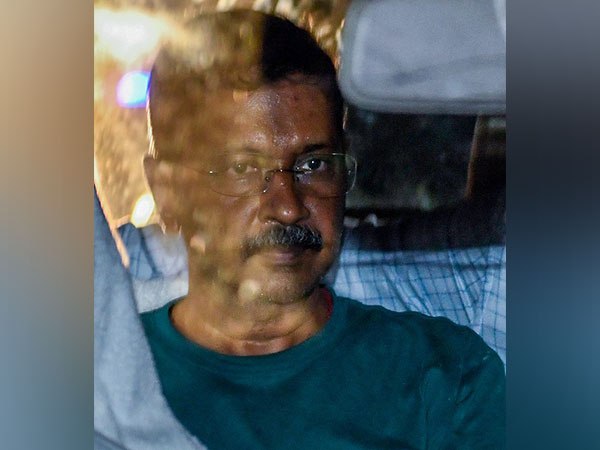
The Supreme Court on Friday granted interim bail to Delhi Chief Minister Arvind Kejriwal in the now-scrapped excise policy case registered by the Enforcement Directorate (ED).
However, Kejriwal will remain in detention because of his arrest last month by the Central Bureau of Investigation (CBI) in another corruption case related to the excise policy.
While granting interim bail, the Supreme Court observed that Kejriwal had endured 90 days of incarceration.
Kejriwal’s lawyer, Rishikesh Kumar, hailed the verdict as “a big victory.”
“The Supreme Court has granted him interim bail, and the issue of Section 19 and the necessity of arrest has been referred to a larger bench. CM Kejriwal will remain in custody as his bail in the CBI case is still pending. This is a significant victory,” Kumar told ANI.
Supreme Court lawyer Shadan Farasat, representing Kejriwal, said, “The court observed that there are certain aspects regarding the necessity of his arrest. They said that Mr. Kejriwal has already undergone a significant period of incarceration and therefore directed his immediate release and bail in the ED matter.”
The top court had reserved the verdict on Kejriwal’s plea on May 17. On May 10, the apex court had granted Kejriwal interim bail until June 1 in the money laundering case registered by the ED in connection with the Delhi excise policy. However, it ordered that he shall not visit the office of the chief minister and the Delhi Secretariat.
The court directed him to surrender on June 2, which he complied with.
In his appeal to the apex court, Kejriwal argued that his arrest, occurring shortly after the announcement of the general elections, was “motivated by extraneous considerations.”
On April 9, the Delhi High Court dismissed his plea for release from jail, rejecting his argument of political vendetta amid the looming Lok Sabha elections.
The High Court said that Kejriwal’s absence from nine ED summons over six months undermined any claims of special privilege as chief minister, suggesting his arrest was an inevitable consequence of his non-cooperation.
Kejriwal was arrested by the ED on March 21 in connection with a money laundering case related to the Delhi Excise Policy.



